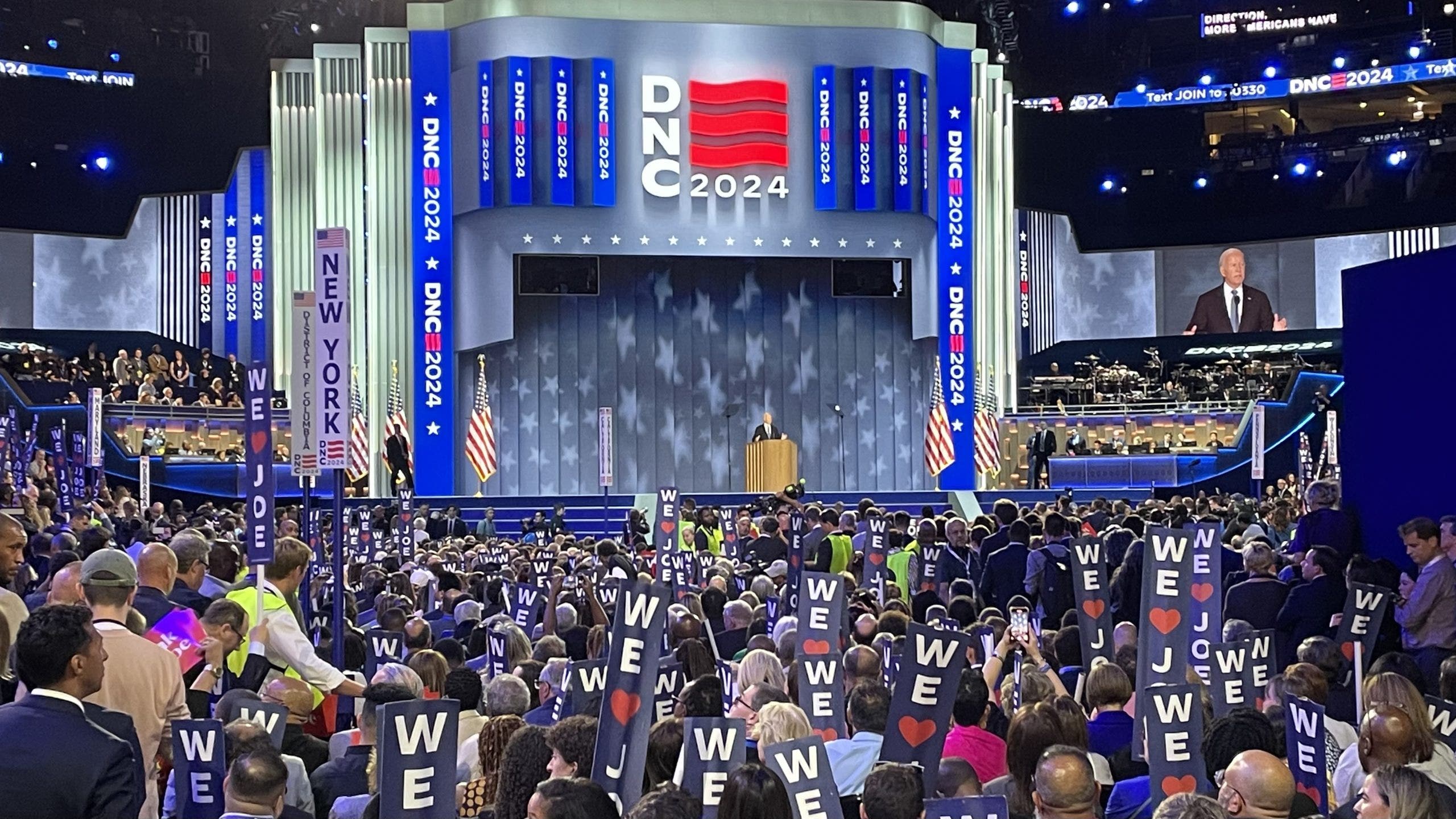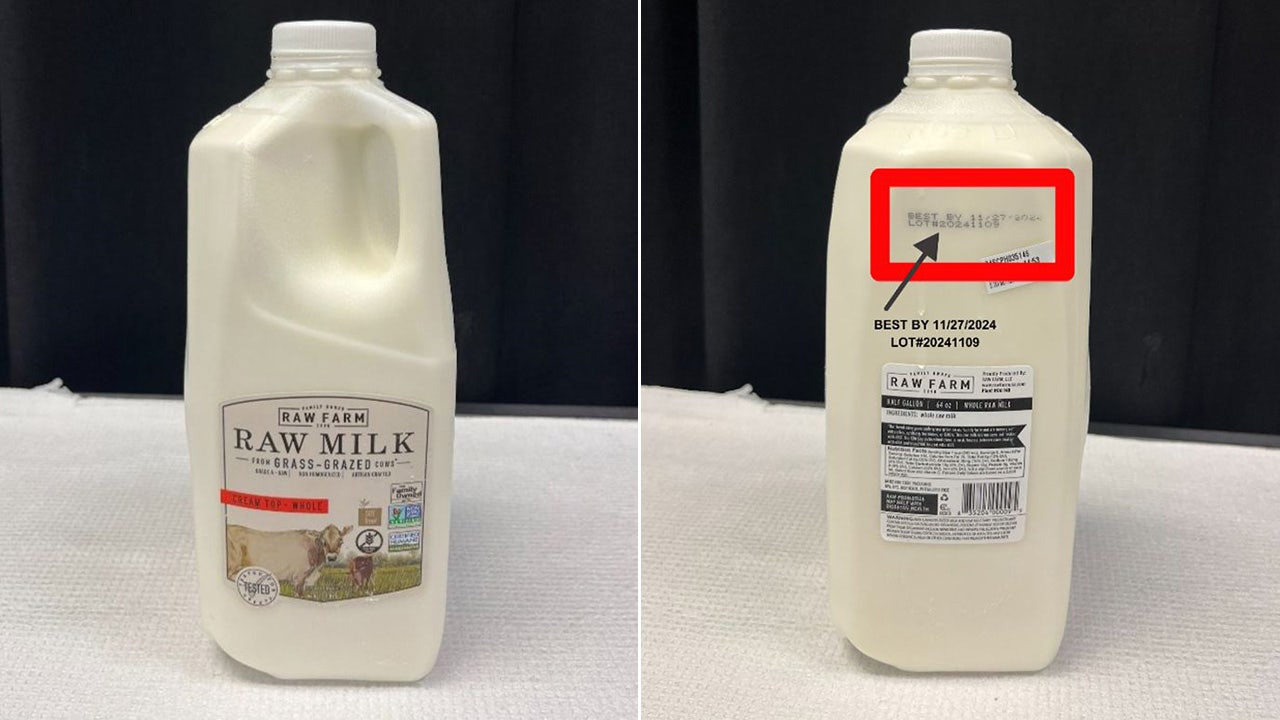The Dow Jones Industrial Average jumped nearly 400 points on Monday after President-elect Donald Trump’s pick for Treasury secretary, Scott Bessent, laid out his priorities – including tax cuts.
In his first interview as Treasury nominee with The Wall Street Journal, Bessent said he will also focus on imposing tariffs, cutting spending and keeping the US dollar as the world’s reserve currency.
By Monday afternoon, the Dow was up 0.9% and the S&P 500 was up 0.3% following the news.
The longtime hedge fund manager said he is focused on making Trump’s 2017 tax cuts permanent, as well as eliminating taxes on tips, social security benefits and overtime pay.
“Bessent himself is a very prominent investor and has a stellar track record which makes him a great choice, and the markets are responding to the excitement about how they think he will handle fiscal policy and interest rates,” Ted Jenkin, co-founder and business consultant at oXYGen Financial, told The Post.
On Friday, Trump nominated the seasoned hedge fund manager, who has studied economic history for around 40 years, as US Treasury Secretary.
That’s despite protests from Elon Musk, who donated millions to Trump campaign efforts and rallied in swing states on the president-elect’s behalf. Musk had dogged Bessent as a “business-as-usual choice,” and threw his support behind Howard Lutnick, who Trump ended up nominating to head the Commerce Department instead.
Investors and Wall Street bigwigs have largely applauded the nomination of Bessent, who worked at George Soros’ firm before starting his own, because he is seen as the “moderate” choice, Mahoney Asset Management CEO Ken Mahoney said.
Trump has ruffled feathers with some of his controversial nominations, including Robert F. Kennedy, Jr. to lead the health department, former Rep. Matt Gaetz as attorney general and former Fox News personality Pete Hegseth to lead the Department of Defense.
“Disruption is the goal when it comes to ripping DEI out of government, or getting the politics out of the Justice Department, but not when managing our banking system or world financial markets,” Kenin Spivak, chief executive at SMI Group, told The Post. “Bessent is an experienced, steady, capable expert in all aspects of the department he has been chosen to lead.”
Spivak said investors view Bessent as the wise choice and expect him to advise Trump to use restraint when implementing some of his economic policies.
The president-elect has pushed for massive tariffs of 10% on all imports and 60% on goods from China. Economists have warned the outsize tariffs could reheat inflation.
Bessent, meanwhile, had viewed tariffs as a negotiating tool, saying earlier this year that the “tariff gun will always be loaded and on the table but rarely discharged.”
“[Bessent] talked about gradual tariff changes, which had been a fear and a talking point of Trump adversaries,” Mahoney told The Post. “This ideology of ‘massaging’ in tariffs and seeing how things go makes much more sense.”
Mahoney said less intense tariffs could help foreign policy – which was “a mess in every way with the Biden administration” – by encouraging fair trade practices while still gaining leverage over other countries.
Another one of Bessent’s popular proposals is what he calls the 3-3-3 rule, inspired by former Japanese Prime Minister Shinzo Abe, who revitalized Japan’s economy with a threefold policy. Bessent’s three goals are to slash the budget deficit to 3% of gross domestic product by 2028, boost GDP growth by 3% through deregulation and produce an additional 3 million barrels of oil per day, according to the Journal.
“We also like to hear his policies around reducing the budget deficit and getting that under control, as we know there is a massive debt and spending problem within the government,” Mahoney said. “He also wants to increase oil production…so it is possible lower energy costs balance out the possible inflationary effects of tariffs.”















